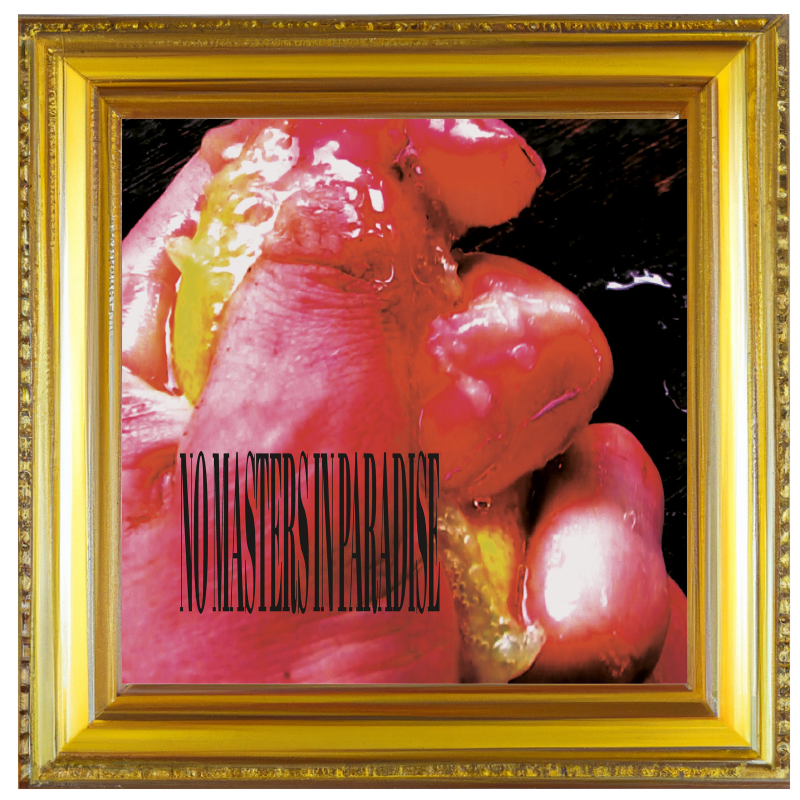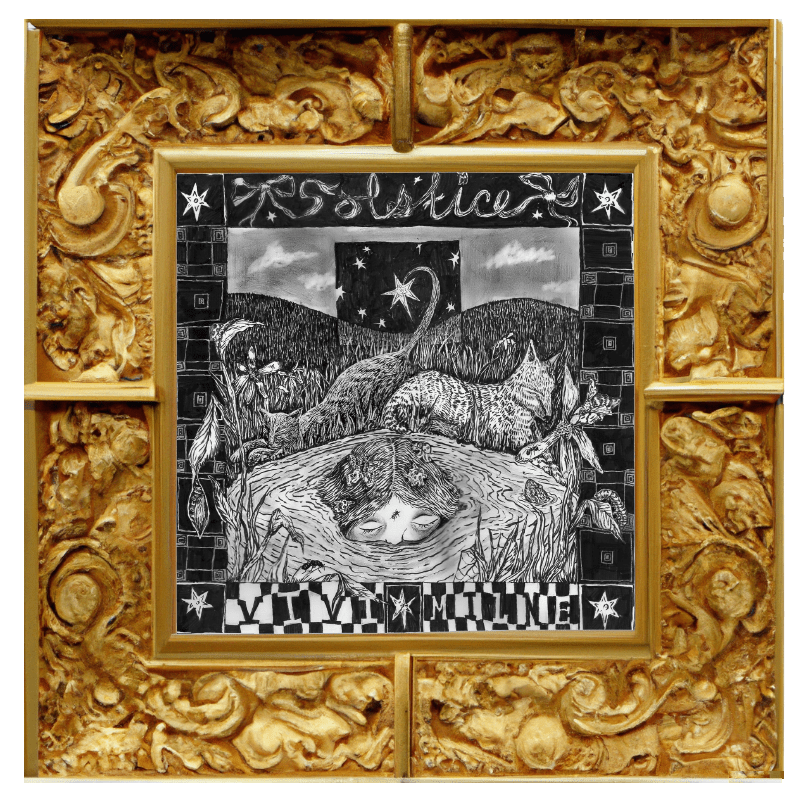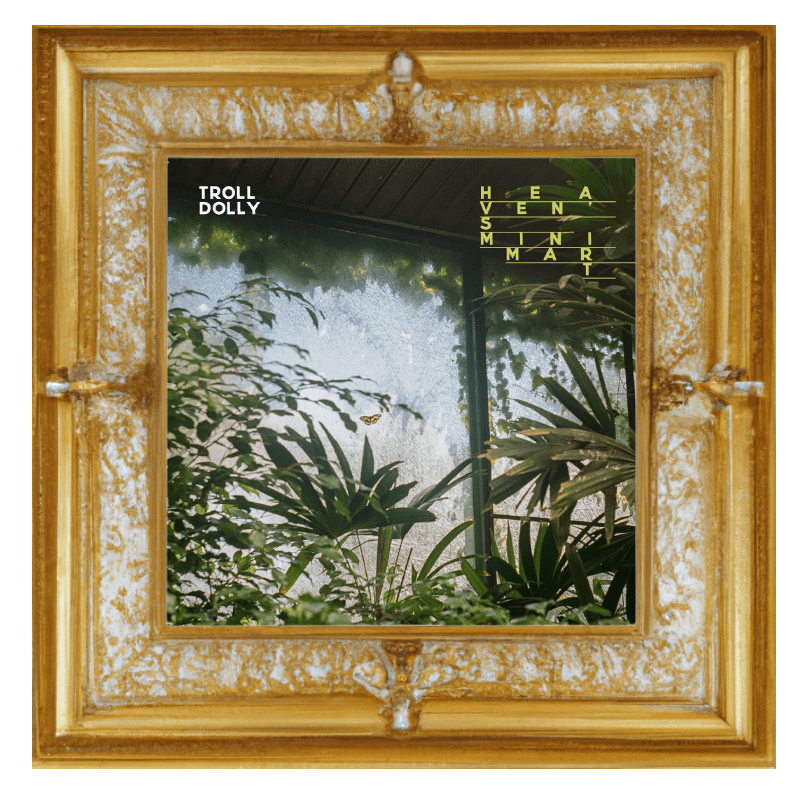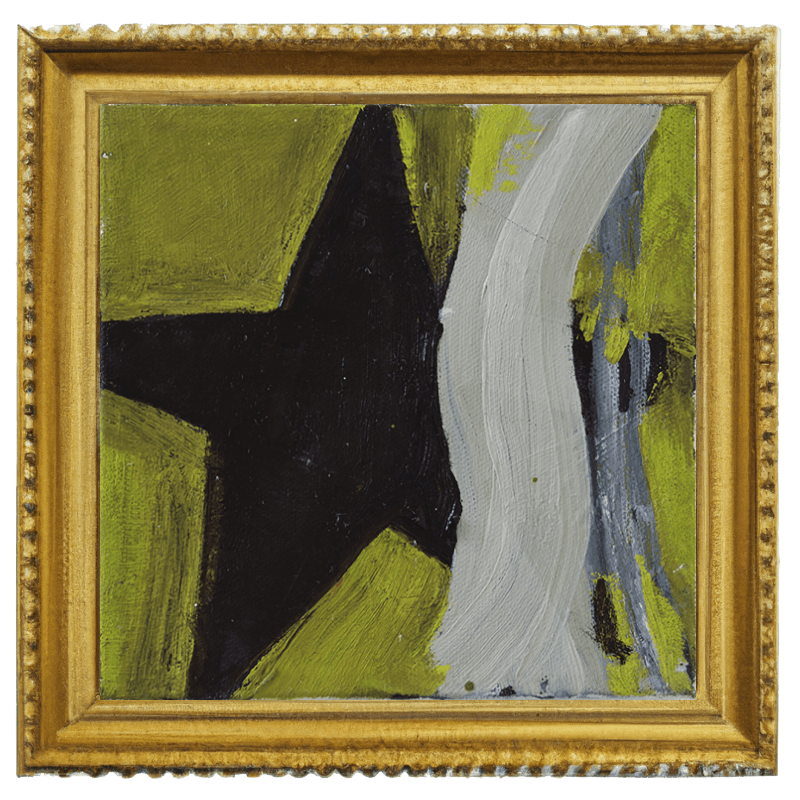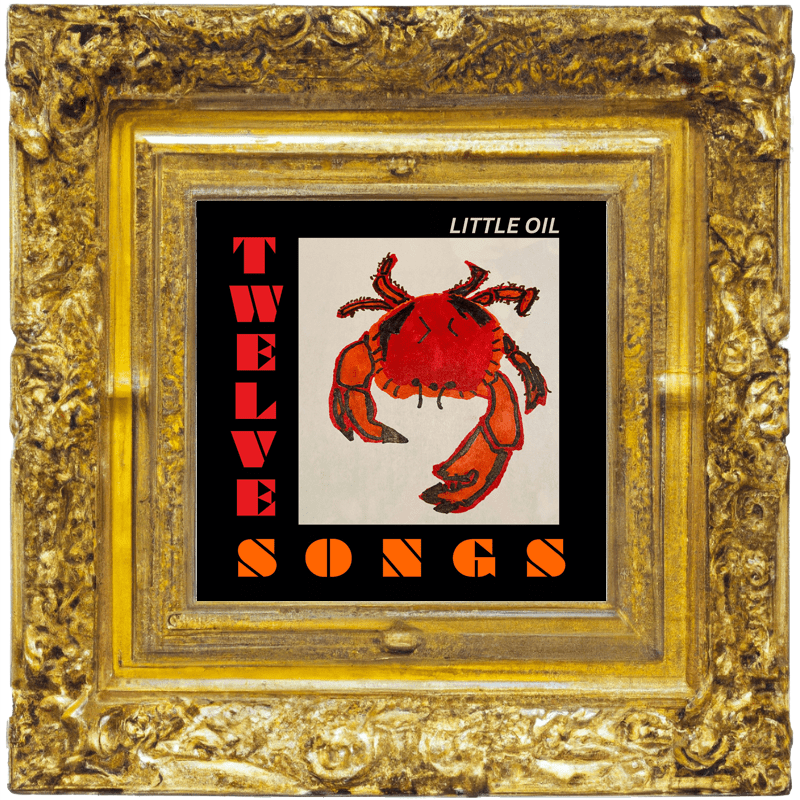

Coming 2nd among Twelve Songs, Little Oil’s “Hey Judas” is a psych-folk tune composed of deftly piercing hooks dispensing immense compassion. Piano’s plonk and murmuring synths ferry the arbitration neatly forward, familiar myths reconfigure, agreeably heralded in the heat of the room. The melodic components are strong. The envoy offers consolation, there’s very little dread to be found within a context usually larded with it, only sunny reconciliation.
How to even begin to approach this subject and themes in its gilded iron sarcophagus, or deflect the baggage of the bastards who claim its copyright?
The answer is: orthogonally, reinventing suppositions around base symbols we’re all locally steeped in, the reframing of the frame within another. Or just generally with a little innovation and the warmth distinct to those who remain in the world.
There’s plenty of good examples within the approximate genre to pull from and a nice suitable lineage. “Hey Judas” slides into place among other fine tracks such as Loose Fur’s “The Ruling Class,” Brian Jonestown Massacre’s “The Ballad of Jim Jones,” Page France’s full “Hello, Dear Wind,” Doug Marsch’s rendition of “Woke up this morning with my mind (staying on Jesus).”
The whole set has a lot of these same sensibilities, cutting melodies, rich images placed aside non-lexical grooves and is worth investigating. Cassettes from Fountain Inc. and digital are $12 on the Bandcamp.


